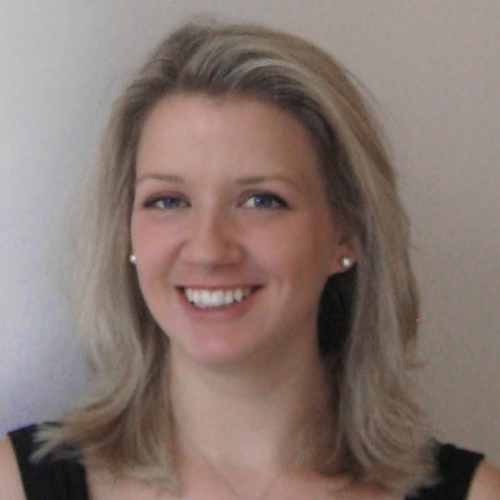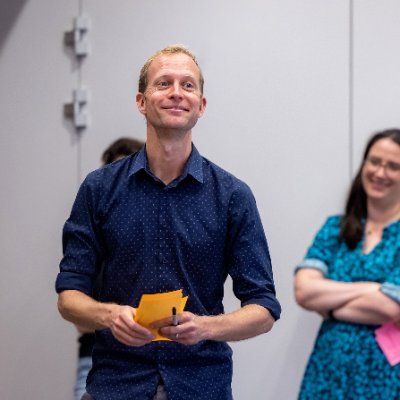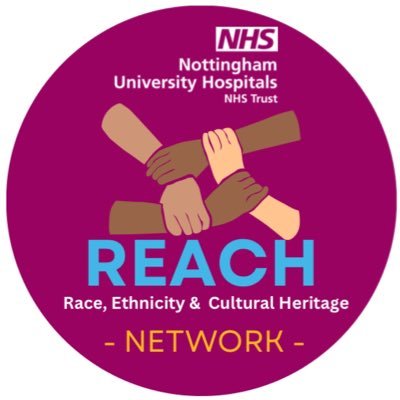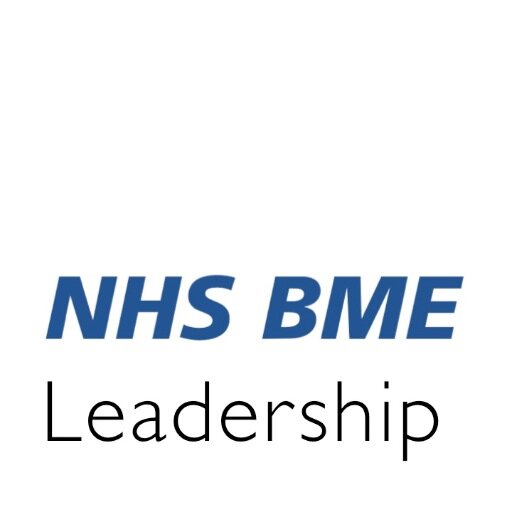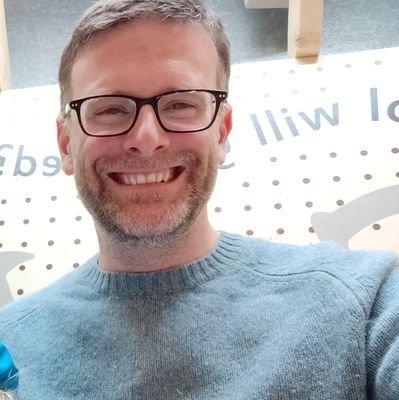
Tom Smith
@analyst42
Followers
372
Following
2K
Media
83
Statuses
890
https://t.co/xcmDYK6lgg Code-first data analyst @nottmhospitals. Fellow @NHSrCommunity. Personal account, views my own.
Nottingham, England
Joined January 2021
With this legend at the @openEHR conference today. So many forward thinking people in one place - @john_farenden @ReadmanLuke @ukpenguin @KTheivendran @AdeByrne @Phil_Koczan -- let's build our future health system on standards! 💙
We're already in full swing on day two of #EHRCON24. Great insights from Dr Charlotte Refsum, @VidehaSharma, @tomazgornik and Dr Patrik Georgii-Hemming. On to the breakout sessions...
0
4
16
So many comments I could make on this post, but let’s go with the most important one: I’m so glad they wrote it. Read their wisdom.
Patient records and the NHS App are in the news again. Me and @MattStibbs wrote down some thoughts. TLDR: the perfect architectural approach won’t solve for fundamental environmental challenges that need addressing.
0
6
16
Uncertainty is the only certainty! Expert forecasts, using an evidence based protocol, reveal wide variation in how hospital activities may evolve over the next 20 years, helping the NHS plan more robustly for the future. See our publication in the BMJ
bmjopen.bmj.com
Objectives The planning process for a new hospital relies on assumptions about future levels of demand. Typically, such assumptions are characterised by point estimates, the flaw-of-averages,...
1
4
7
We should all watch this video .. https://t.co/9FcccqChzb 😢@PINCNUH @nottmhospitals @andy_callow @A5Chivinge @Onyi33500474.
Following Too hot to handle a great short video everyone in health and care should watch. Who will be the 260 of our racialised minority being racially bullied and harassed today!
0
2
4
This is the moment Ratcliffe power station came off the electricity system for the final time, marking the end of 142 years of coal generating electricity in Great Britain!
520
792
4K
To narrow the gender pay gap, give fathers more paternity leave. This is an incredibly good idea, because it links two good things together.
theguardian.com
The damper put on women’s careers by becoming mothers is one of main causes of pay inequality. New thinking on childcare would address that, says campaigner George Gabriel
7
33
147
While the patient focuses on healing, the hospital has control of reducing delays for admin, diagnostics, theatres, and doctor decisions. And yet, we only talk of "length of stay", often just an integer aggregate of all of the above. And so my struggle to recalibrate continues!
1
0
2
In manufacturing terms the focus on beds seems to me like focussing on the boxes or stillages holding parts between manufacturing steps. Important to have the right number, but the real efficiency is in getting the flow of parts through the value-adding processes right.
1
0
0
So there's my difficulty with the large focus on beds. The real value add is from the diagnostics, theatre activity, and doctor, and most of that happens away from the bed. Why aren't we talking about flow through those value-adding areas more?
1
0
1
So, 5 things that happen in hospital beds, and only one of them (healing) is directly value-adding. The others are either necessary non-value-add (admin) or waste (waiting for diagnostic, waiting for theatre, and waiting for doctor).
1
0
0
5. Waiting to heal. Once the main procedure is done, patients need time to heal. This might be hours in the case of simple surgery or a hip replacement, or many days or even weeks for complex surgery.
1
0
1
4. Waiting for a doctor. Either to plan and agree the procedure or diagnostic details, or to debrief afterwards. We wait for decisions about treatment, and eventually for a decision to discharge home.
1
0
1
3. Waiting for the main procedure. I'm going to simplify this and say we're waiting for an operating theatre, but in reality it might be a less centralised procedure. Possibly carried out in the bed, but more often not.
1
0
1
2. Waiting for diagnostics. Once the admin is done, we might need to go for a diagnostic test. It's booked at a certain time, or we're number 4 in the queue and wait to be called.
1
0
1
So what happens in hospital beds? Here's the list from my mental model. 1. Admin. Names get checked, drugs given, clothing changed, paperwork signed.
1
0
1
Or more specifically, why I am finding the recalibration difficult. You see, in my mental model not much that relates to "flow" happens in hospital beds. They are mainly places for waiting. There seems to me to be more happening elsewhere, but beds remain a focus of flow.
1
0
2
In acute hospital management, there is a big focus on "flow" of patients though the hospital from admission to discharge. And that is often focussed on beds. After a career in manufacturing I'm trying to recalibrate to this mental model, and I thought I'd write a bit about why...
2
2
9
This is important work for any health facilities who are lucky (forward-thinking) enough to be using openEHR
0
0
3



